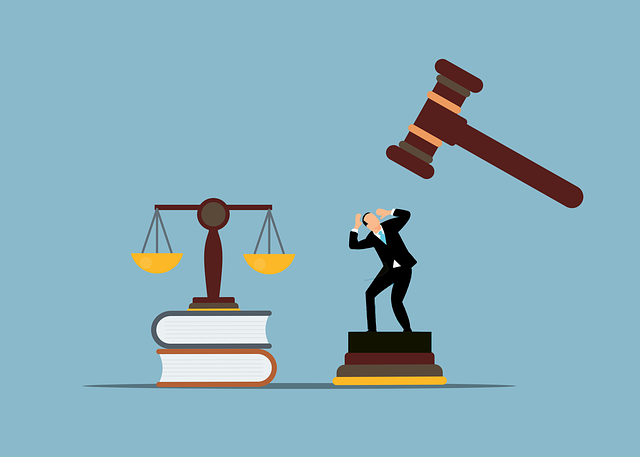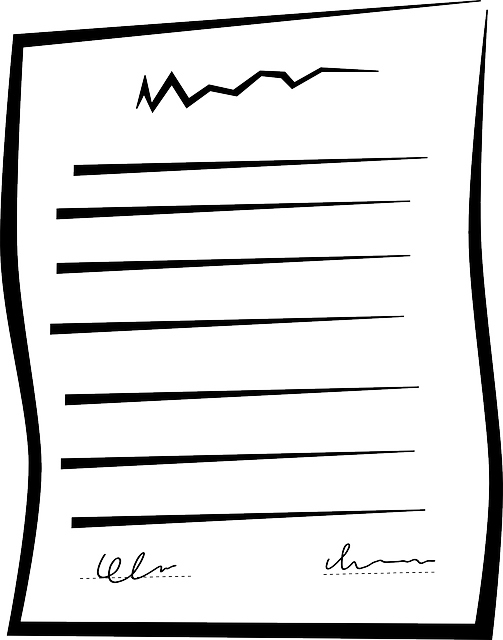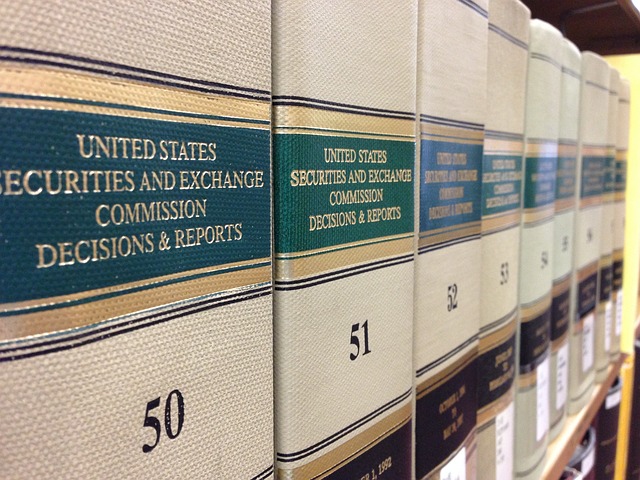Inadmissible testimony, a complex legal area, includes hearsay statements, speculative or irrelevant testimony, and prejudicial evidence. Houston criminal lawyers play a crucial role in ensuring justice by challenging evidence obtained through unlawful means or failing to meet legal standards. They navigate complex rules, scrutinize police procedures, and use case law knowledge to keep improper evidence out of court. Through strategic tactics like cross-examination and the 'fruit of the poisonous tree' doctrine, they protect clients' rights and ensure fair trials. Their expertise can significantly sway outcomes, as demonstrated by successful cases involving suppressed testimony and evidence from unreliable informants.
Navigating legal proceedings can be complex, especially when dealing with improper evidence or inadmissible testimony. This article guides you through the intricate process of challenging such issues and seeking suppression. From understanding the types and examples of inadmissible testimony to exploring the crucial role of a Houston criminal lawyer, we offer strategic insights. Learn effective legal strategies to challenge evidence, avoid common pitfalls during trials, and discover successful case studies showcasing the suppression of inadmissible testimony.
- Understanding Inadmissible Testimony: Types and Examples
- The Role of a Houston Criminal Lawyer in Suppressing Evidence
- Legal Strategies to Challenge Improper Evidence
- Common Pitfalls and How to Avoid Them During Trials
- Case Studies: Successful Suppression of Inadmissible Testimony
Understanding Inadmissible Testimony: Types and Examples

Inadmissible testimony refers to evidence that a court refuses to allow into trial due to it not meeting legal standards for admissibility. This can be a complex area of law, but understanding these rules is crucial for both parties involved in a criminal case, especially when consulting with a Houston criminal lawyer.
There are several types and examples of inadmissible testimony. One common category includes hearsay statements, which are out-of-court statements offered to prove the truth of what was stated. For instance, if someone testifies about what another person said regarding a crime, without that person being available for cross-examination, it may be deemed inadmissible hearsay. Another example is speculative or irrelevant testimony, where a witness provides an opinion or guess instead of factual information related to the case. Additionally, evidence that is overly prejudicial, designed to inflame emotions rather than prove a fact, or lacks proper foundation can also fall into this category.
The Role of a Houston Criminal Lawyer in Suppressing Evidence

In any legal proceeding, especially criminal cases, the role of a Houston criminal lawyer is pivotal in ensuring that justice is served and that all evidence presented is admissible and reliable. These legal professionals are experts in navigating the complex rules of evidence and have an in-depth understanding of state laws regarding what constitutes admissible testimony and physical evidence. They play a crucial part in suppressing improper or inadmissible evidence, which can significantly impact the outcome of a case.
A Houston criminal lawyer’s primary objective is to protect their client’s rights by challenging any evidence that may be obtained through unlawful means or that fails to meet the required legal standards. This includes scrutinizing police procedures, questioning the integrity of evidence collection and preservation, and arguing against its relevance or reliability. By employing strategic tactics and leveraging their knowledge of case law, these lawyers can effectively keep inadmissible testimony and evidence out of the courtroom, ensuring a fair trial for their clients.
Legal Strategies to Challenge Improper Evidence

When facing charges, a Houston criminal lawyer’s expertise in challenging improper evidence is invaluable. One of the primary strategies involves questioning the method of collection and handling of evidence. If an officer or investigator failed to follow proper protocols—such as not documenting procedures or mishandling evidence—it can be deemed inadmissible in court. This often requires thorough investigation and cross-examination to reveal any procedural errors.
Additionally, a Houston criminal lawyer may employ the ‘fruit of the poisonous tree’ doctrine, which states that evidence obtained from an illegal source is inadmissible. If police used coerced confessions or conducted unreasonable searches, any subsequent evidence derived from these actions might be suppressed. This strategy aims to protect the rights of the accused and ensure fair trials by keeping potentially biased or illegally obtained information out of the courtroom.
Common Pitfalls and How to Avoid Them During Trials

During trials, both prosecutors and defendants often encounter common pitfalls that can compromise the integrity of evidence presentation and testimony. One significant challenge is the admission of improper evidence, which can greatly impact the outcome of a case. To avoid this, Houston criminal lawyers must ensure that all presented evidence meets the legal standards for admissibility. This includes demonstrating relevance, authenticity, and compliance with rules governing specific types of evidence, such as witness testimonies, physical clues, or digital data.
Another pitfall is allowing inadmissible testimony to reach the jury. This can occur when a witness provides opinions or speculative statements that lack factual support or when personal biases influence their testimony. Houston criminal lawyers should carefully scrutinize potential witnesses, challenge their qualifications and credibility, and object to any irrelevant or unduly prejudicial statements. Effective cross-examination is key to exposing weaknesses in witness testimonies and ensuring only reliable and admissible evidence reaches the jury’s consideration.
Case Studies: Successful Suppression of Inadmissible Testimony

In the legal arena, particularly in Houston criminal cases, the successful suppression of inadmissible testimony can be a game-changer. Case studies illustrate powerful strategies employed by seasoned Houston criminal lawyers to protect their clients’ rights and ensure fair trials. One notable example involves a defendant facing charges of aggravated assault. The prosecution intended to introduce highly emotional and prejudicial testimony from a witness who claimed to have witnessed the incident. The defense team, through meticulous cross-examination and a thorough examination of the witness’s credibility, successfully challenged the witness’s account, revealing inconsistencies and potential bias. This strategic move led to the testimony being suppressed, preventing its impact on the jury and ultimately contributing to a favorable outcome for the defendant.
Another compelling case involves a drug possession trial where the police obtained a search warrant based on an unreliable informant’s tip. The Houston criminal lawyer representing the defendant challenged the validity of the warrant, arguing that the underlying information was insufficient. Through detailed legal arguments and the presentation of counter-evidence, they demonstrated the informants’ unreliability. The court agreed, suppressing the evidence seized during the search, which significantly weakened the prosecution’s case. These successful suppression tactics highlight the critical role Houston criminal lawyers play in protecting their clients from unfair trials and ensuring that only reliable, admissible evidence is presented to the jury.
In navigating complex legal battles, a Houston criminal lawyer plays a pivotal role in ensuring a fair trial by suppressing inadmissible testimony and improper evidence. Through a combination of thorough understanding, strategic planning, and effective challenge mechanisms, these legal professionals safeguard their clients’ rights and protect the integrity of the justice system. By recognizing common pitfalls and employing robust legal strategies, they can successfully navigate even the most intricate cases, ensuring that only reliable and relevant evidence influences the outcome.
